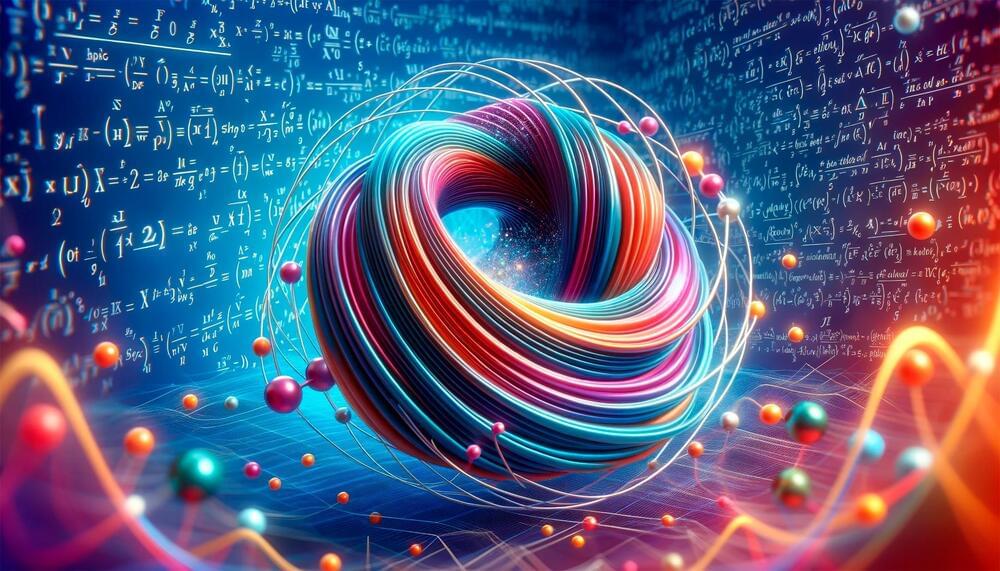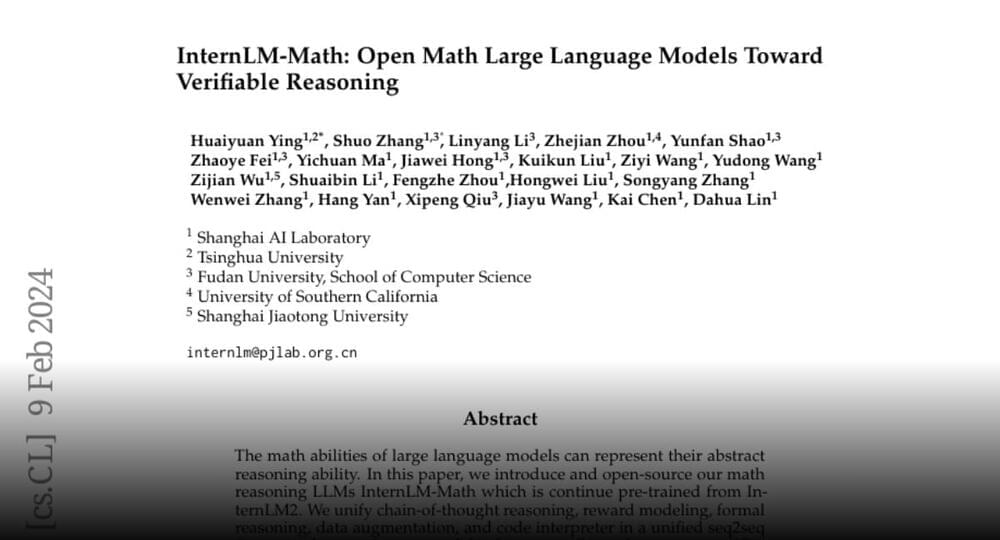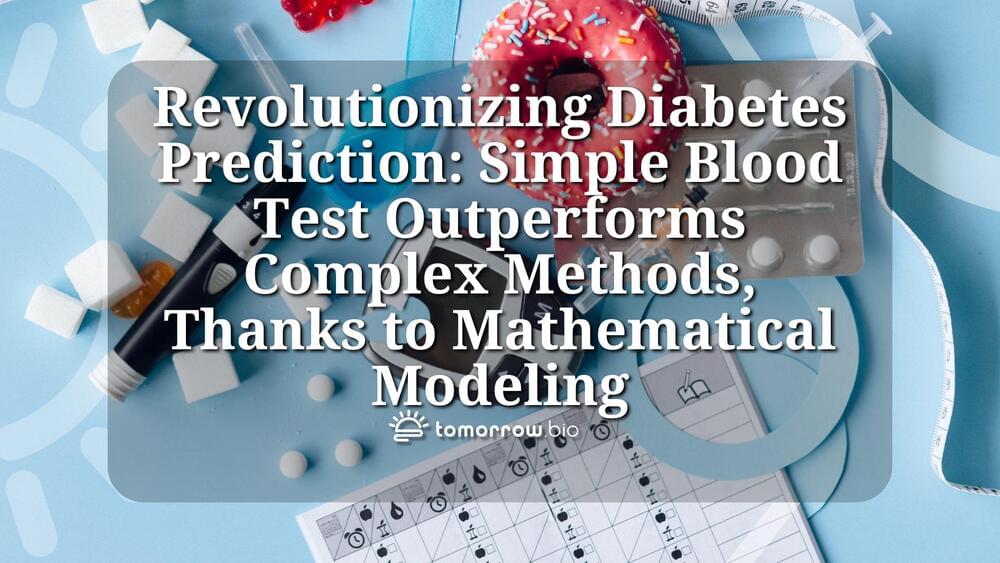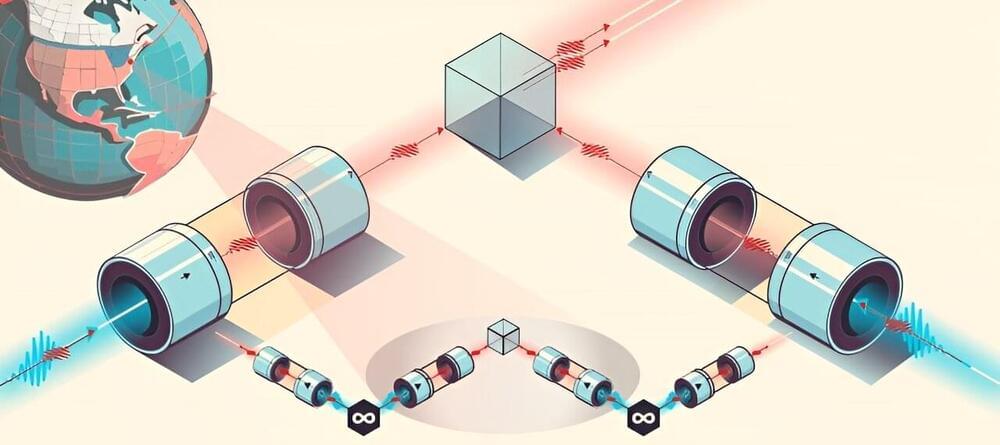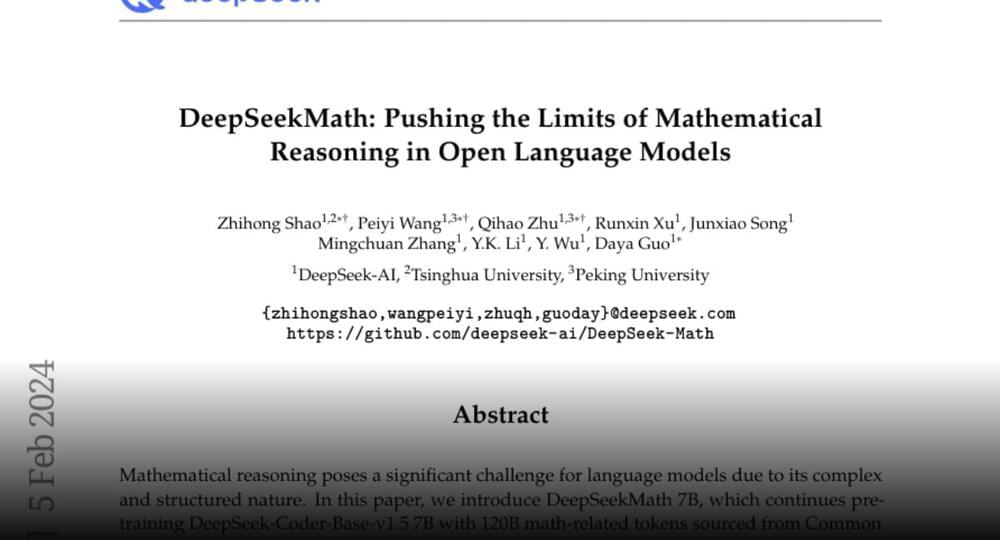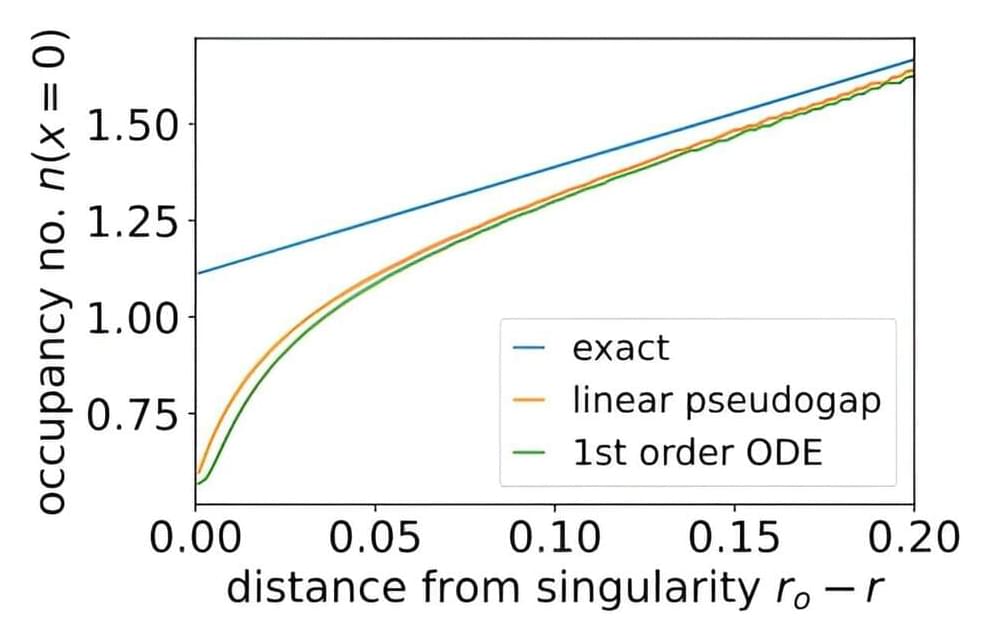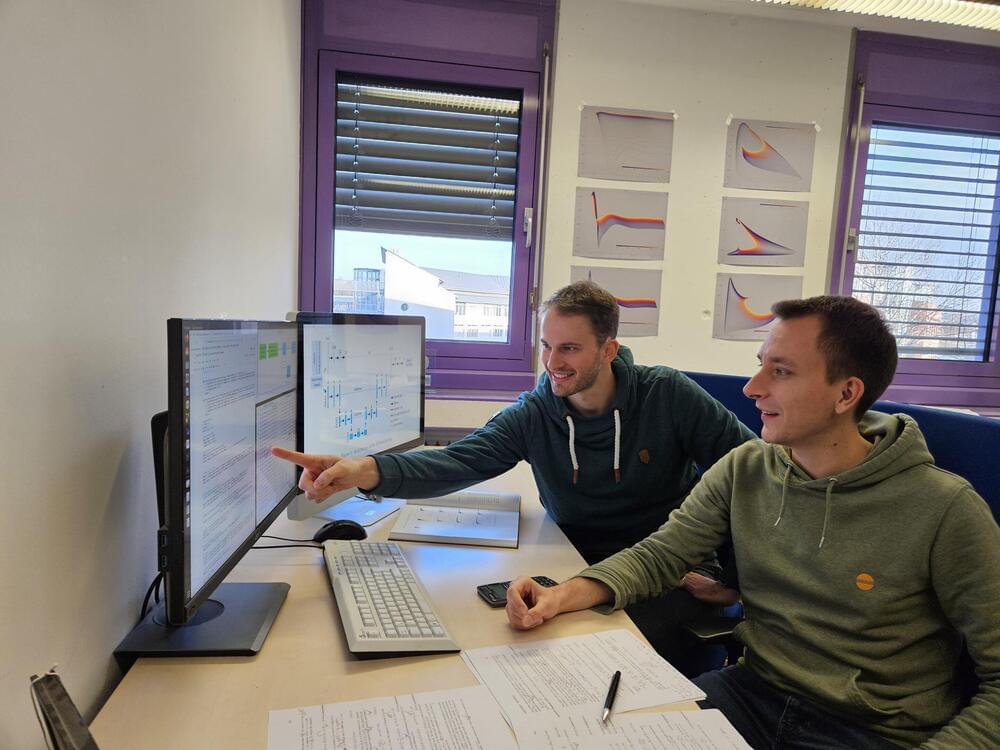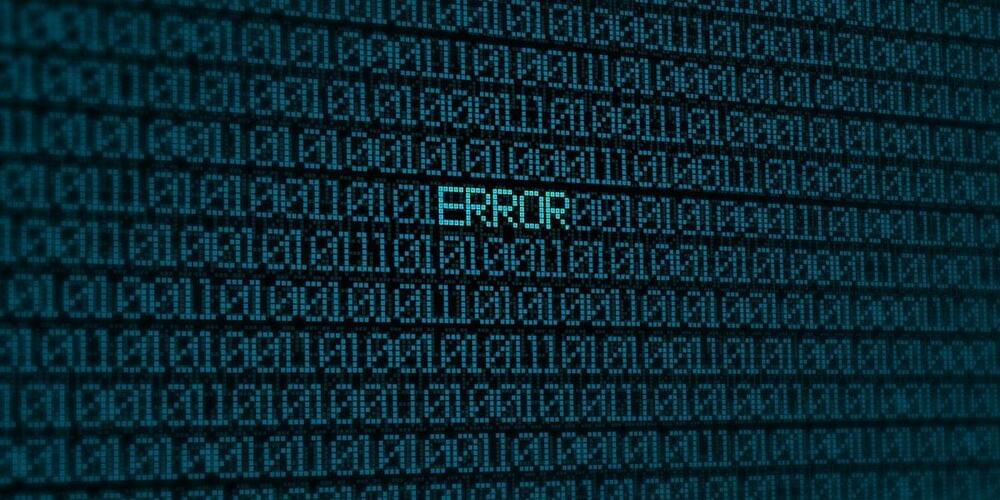Innovative research introduces a practical, model-free method for exploring topological properties in materials, enhancing the scope and efficiency of topological studies.
The branch of mathematics known as topology has become a cornerstone of modern physics thanks to the remarkable – and above all reliable – properties it can impart to a material or system. Unfortunately, identifying topological systems, or even designing new ones, is generally a tedious process that requires exactly matching the physical system to a mathematical model.
Researchers at the University of Amsterdam and the École Normale Supérieure of Lyon have demonstrated a model-free method for identifying topology, enabling the discovery of new topological materials using a purely experimental approach.
